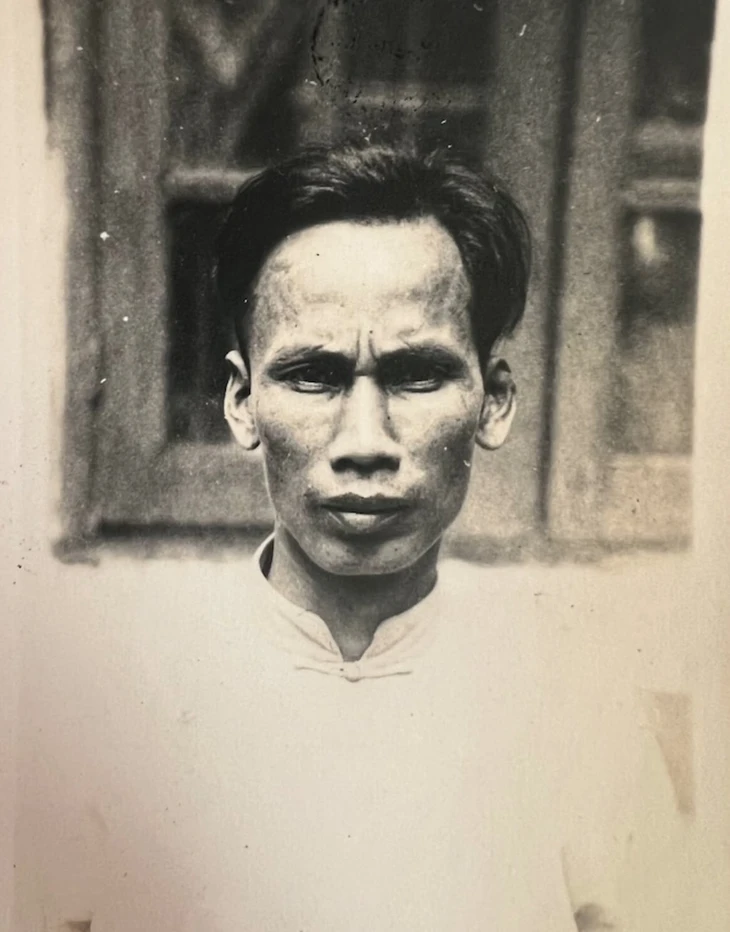
Journalist Nguyen Ai Quoc - Photo archive
That is the assessment of historian, Dr. Alain Rusico, in the special documentary Journalist Nguyen Ai Quoc: Decoding the French secret agent files, aired on the evening of June 18 on VTV1, on the occasion of the 100th anniversary of Vietnam Revolutionary Press Day.
Articles stir European apathy
On June 18, 1919, a petition from the people of Annam, signed "On behalf of the patriots of Annam - Nguyen Ai Quoc" was sent to the Peace Conference to discuss the future of the world after World War I with the participation of the victorious countries.
This is the first modern political manifesto in Vietnamese history demanding political rights and democracy for the people of Annam.
However, the petition was ignored. He sought help from the press; page 3 of L'Humanité newspaper, issued on June 18 of the same year, published a small news item introducing the petition, affirming his stance in support of the basic rights of the Annamese people.
On June 27, 1919, Nguyen Ai Quoc's name first appeared officially in the French press. The front page of Le Courrier Colonial published an article titled "The Serious Moment", criticizing the petition.
In which there is a passage: "Nguyen Ai Quoc is the spokesman on behalf of the Annamese patriots.
How can a colonial person use a petition to attack the French Government ? It is outrageous. At this rate, the colonial people will be on par with us French people and soon become our masters.”
To disseminate more widely, according to the report of the Ministry of Interior on January 30, 1920, Nguyen Ai Quoc spent all his savings to print leaflets, put them into six-eight verse in the form of leaflets called Vietnam Requests Songs, and distributed them directly with other Vietnamese people at meetings of international workers and laborers.
French historian Alain Ruscio expressed that “many people not only in Vietnam but also in other colonies considered it a brave and promising act to try to stir up European indifference, remind them of the existence of Asia, show them the problems of Vietnam and the colonial world, that was the first milestone of Nguyen Ai Quoc”.
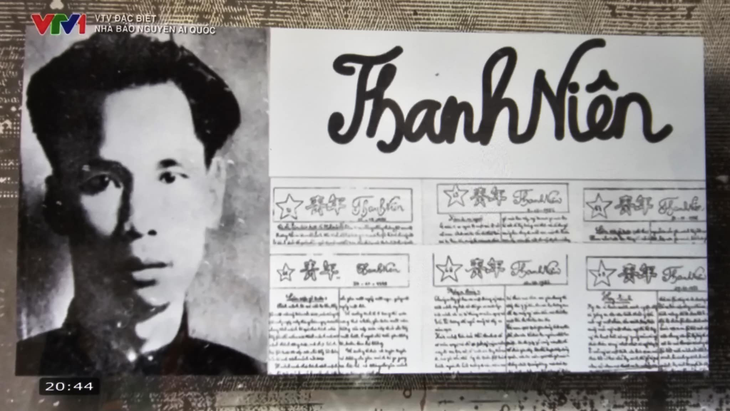
Thanh Nien newspaper founded by Nguyen Ai Quoc, propagandizing for the revolution - Screenshot
Five days later, after the request for an investigation by the then French President, all of Nguyen Ai Quoc's activities were put under the surveillance of the French police. Many reports were sent to the Ministry of Colonies to answer the question of who Nguyen Ai Quoc was, where he came from, and for what purpose.
The film tells about the early days of writing for newspapers in France, the moment of "crying with joy" when he first read Lenin's Draft Theses on the National and Colonial Questions and then became the first Communist of Vietnam.
According to Dr. Alain Ruscio, L'Humanité was the first newspaper, and also the one that published the most articles by Nguyen Ai Quoc. Before that, in its 15-year history, not a single article about Indochina had appeared in this newspaper.
“Nguyen Ai Quoc quickly realized the power of the press as a sharp weapon in his struggle,” he said.
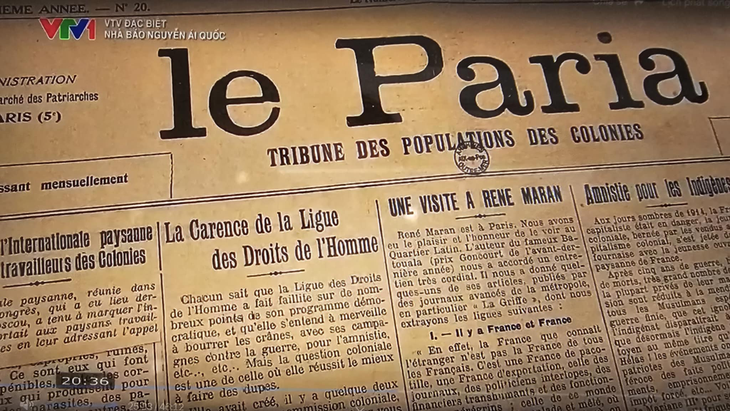
le Paria, the newspaper that published Nguyen Ai Quoc's articles - Screenshot
10,000-page archive and Le Paria, the proud voice of Nguyen Ai Quoc
The film decodes the French secret police files on Nguyen Ai Quoc - Ho Chi Minh from 1919 - 1945.
Among them are many valuable documents, never known or little known about journalist Nguyen Ai Quoc and his journalistic works at the French Overseas Archives Center, the archives of the National Assembly, the French Police Department, the French National Library, and original articles by Nguyen Ai Quoc at the archives of the newspapers L'Humanite, La Vie Ouvrière...
This is also the first time we have access to the entire French translation of 208 issues of Thanh Nien newspaper, which have been kept for the past 100 years at the French National Archives. This document shows the revolutionary journalism style of this newspaper, especially the role of Nguyen Ai Quoc in the newspaper as well as the Vietnamese revolution.
Journalist Thu Hien, the film director, said the crew had to deal with a trove of up to 10,000 pages of secret police files and articles and newspapers that were considered disturbing by Nguyen Ai Quoc. The crew had to choose what was most suitable to bring to the small screen.
Among them is the only original copy of the April 1, 1922 issue of Le Paria that was confiscated by secret agents and kept at the French security agency.
Nguyen Ai Quoc used 7 different pen names to write for Le Paria. Using satire and satire, Nguyen Ai Quoc wrote 38 articles of various genres, which had a great impact in the mother country and the colonies.
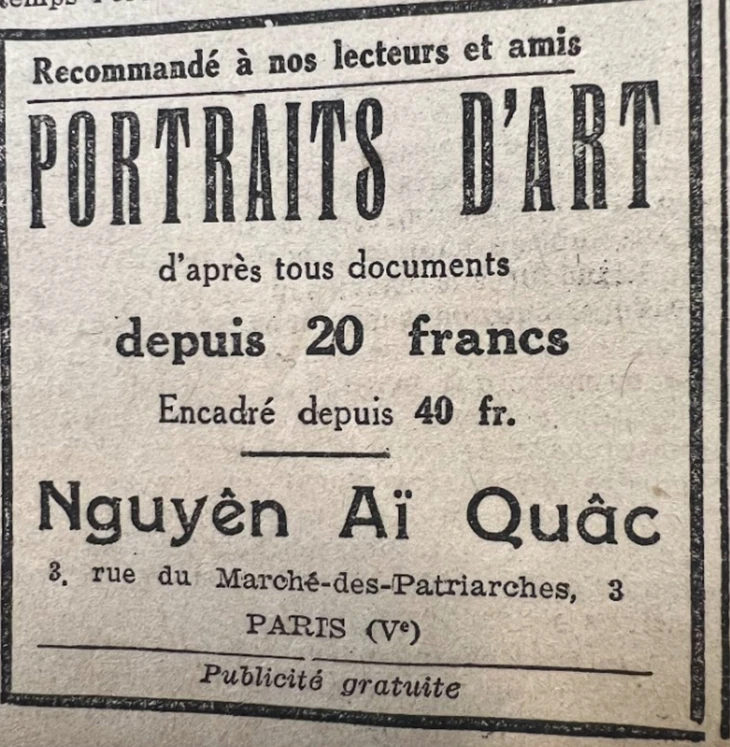
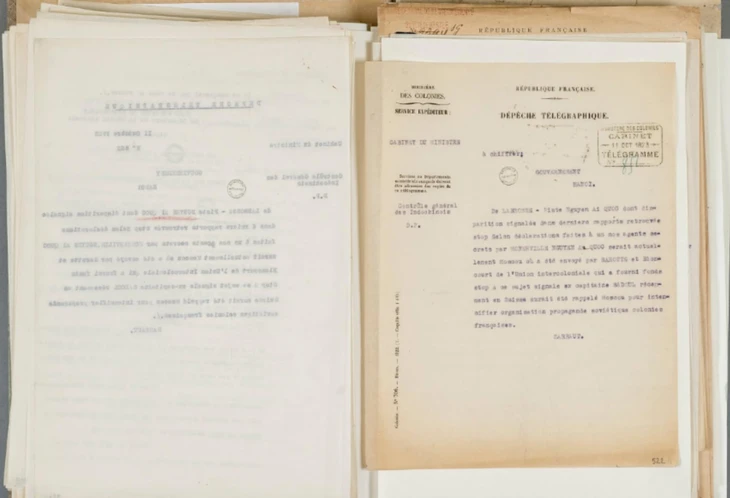
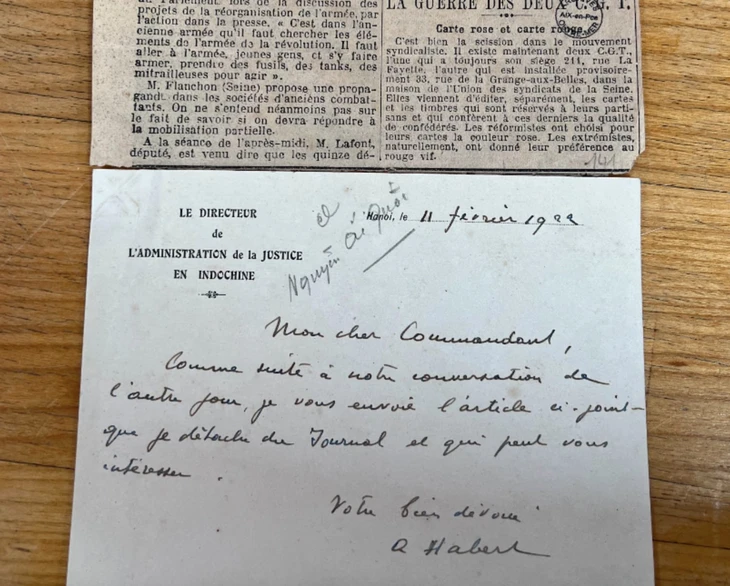
Many documents related to Nguyen Ai Quoc are archived - Photo: VTV
In 1923, Nguyen Ai Quoc cherished a newspaper in Quoc Ngu script called Viet Nam hon - a newspaper in our language for our compatriots to read, hoping that each person would open their eyes and face, the idea of the Thanh Nien newspaper later.
“ Thanh Nien means youth, the future of the national cause and the Vietnamese patriotic movement,” Mr. Alain commented.
The French secret police files on him during this period kept French translations of all articles in 208 issues of Thanh Nien newspaper from 1925 to 1930, including 88 issues organized by Ly Thuy - Nguyen Ai Quoc's alias at that time.
These translations show a simple writing style, humor and courage against the strong.
Source: https://tuoitre.vn/ho-so-mat-tham-phap-noi-gi-ve-nha-bao-nguyen-ai-quoc-2025061909414227.htm












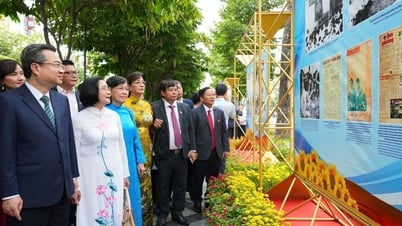
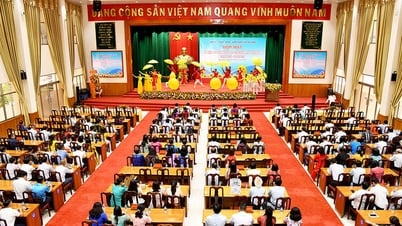



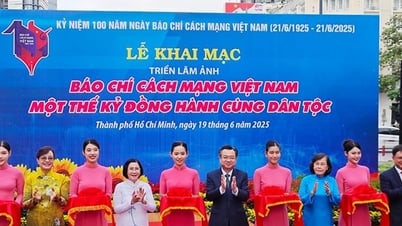


![[Video] Opening of the National Press Forum 2025](https://vphoto.vietnam.vn/thumb/402x226/vietnam/resource/IMAGE/2025/6/19/b7a3477903b3458abfbb2b364af5b689)



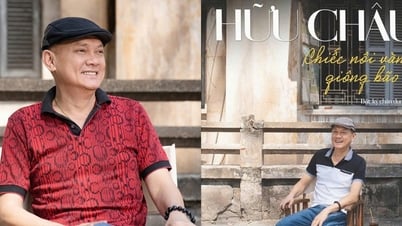
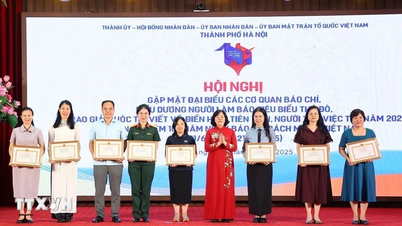
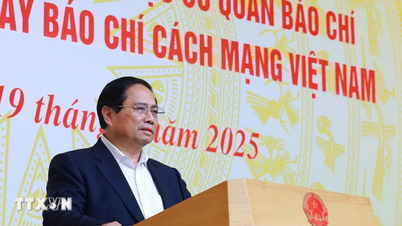
















































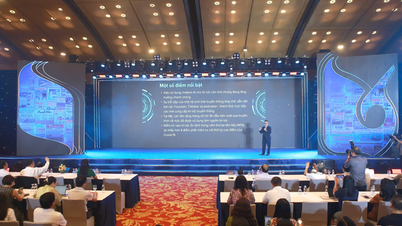








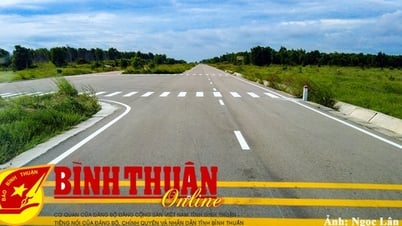

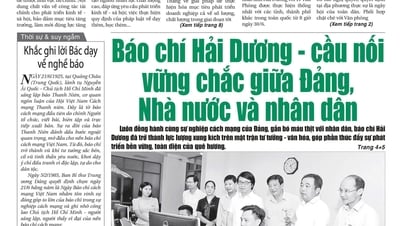




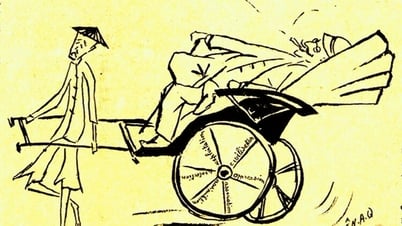
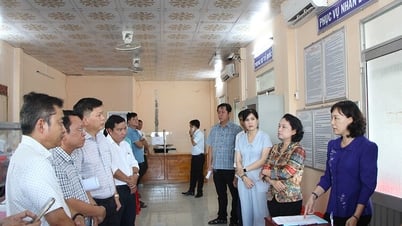











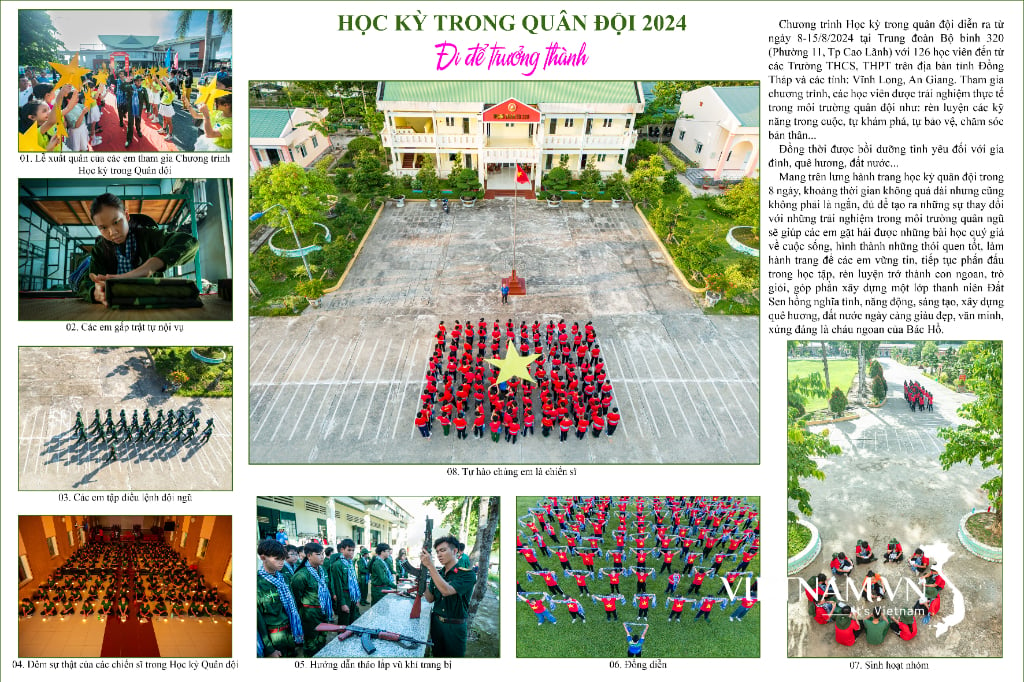
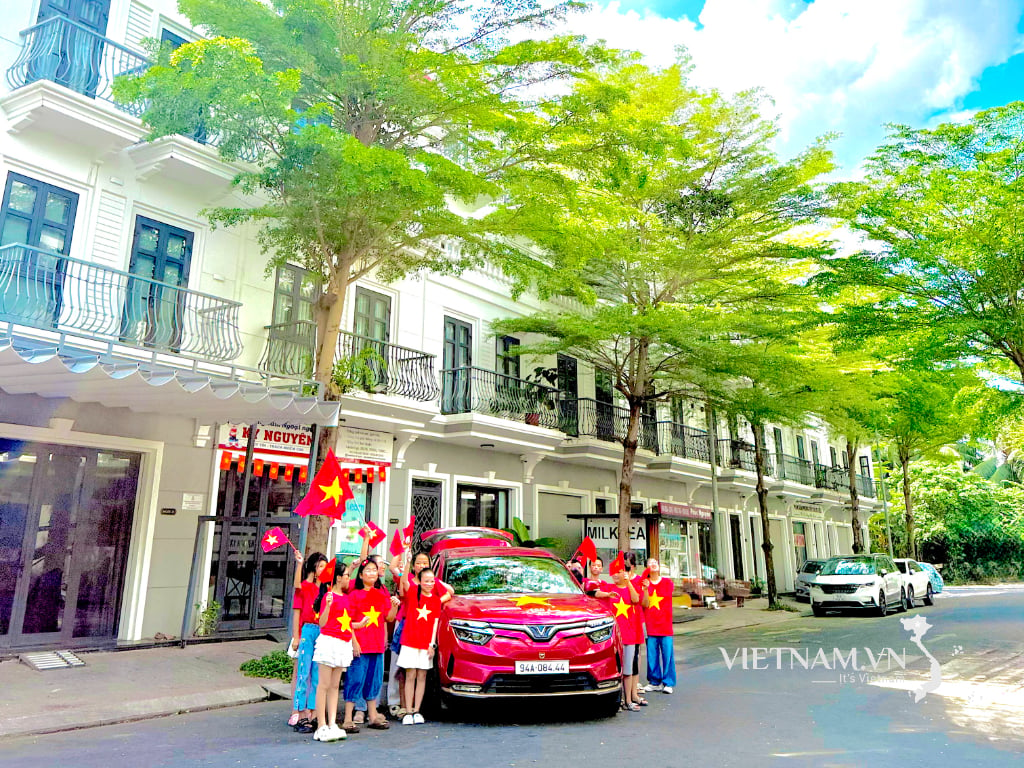


Comment (0)